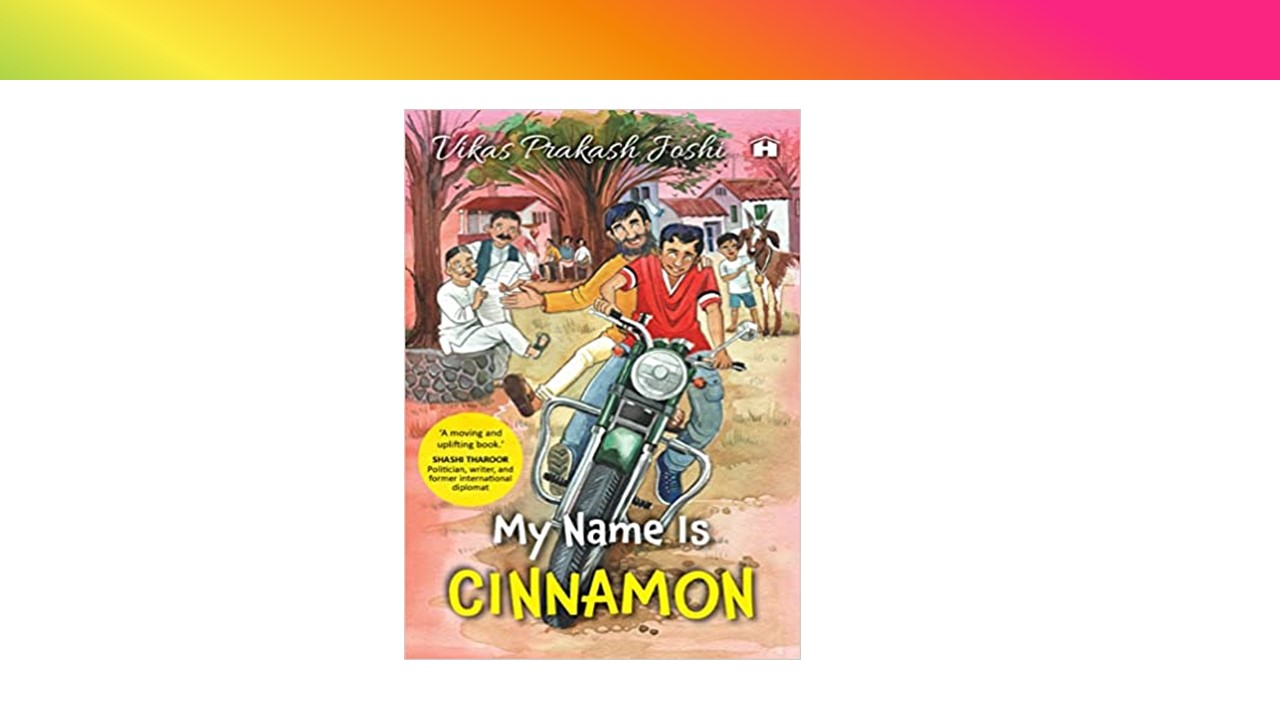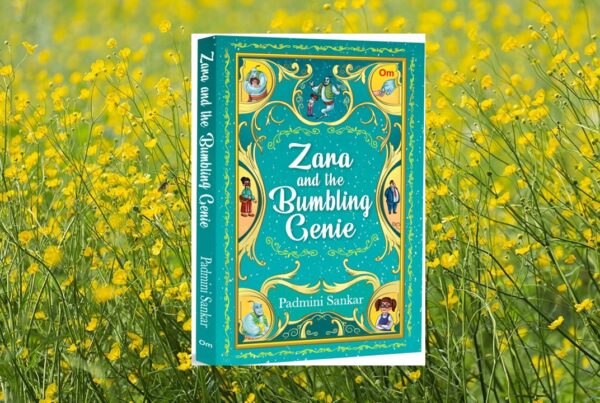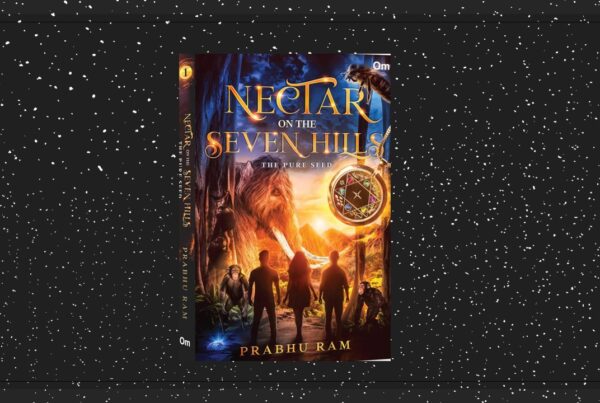Vikas Joshi’s My name is Cinnamon is a wonderful and sensitive account of Cinnamon, a young boy, and his search for identity. Cinnamon’s narration is filled with innocence and curiosity making this coming-of-age story an appealing read not only for young adults but grown-ups as well.
Roshan Paranjape is called Cinnamon, a nickname that stuck due to the fact that he could not pronounce the word ‘Cinnamon’ properly as a young child. Cinnamon is not a ‘tummy baby’; he is a ‘heart-baby’, adopted at a young age by a loving couple.
Cinnamon’s adoptive parents hail from two diverse backgrounds- one Marathi and the other Bengali, the clash of two cultures providing comic relief. While his parents are fiercely protective of him, they are also upfront about his adoption. They quote the example of Krishna and his mother Yashoda. The normalization of adoption strikes a chord with the reader; at the heart of this story lies acceptance and the search for one’s roots.
The relationship Cinnamon shares with his family, their banter, the pranks, and the tender moments- all make the writing shine. He hangs out with his friends, loves to play football, hates Math, and has an uneventful childhood. The book is filled with humorous anecdotes that take the reader down a path of nostalgia, be it school lessons, train journeys, or mischief with cousins.
Cinnamon’s parents are unable to buy him the expensive cycle that he covets, due to financial constraints. He misunderstands them and assumes that it is because he is adopted. This insecurity prompts him to demand to know why he was abandoned in the first place and who his biological parents are. While initially hesitant, his parents eventually agree and help him locate his birth mother.
The writing style is simple and elegant. There are beautiful illustrations as well, that enrichen each chapter. The delicacies of Bengal and Maharashtra, be it the succulent Rossagolla or the savoury Poha, have been described in mouth-watering detail. The author has taken an effort to capture the food, culture, and dialects of different places with authenticity. The reader will enjoy traversing around Kolkata, taking a tram, or just riding a bike around rural Maharashtra. The journey is emotional and makes the reader tear up at times.
There is a big reveal at the end; while there is foreshadowing, it lands a tad abruptly. I would love to read a sequel about how Cinnamon deals with this latest challenge, as it is not a subject that has much written about. If there is a sequel, I would love to read more about his friends, and his relationship with his biological siblings.
This book is a rollercoaster of emotions and simply unputdownable; I read it in one go. I would recommend this to anyone who enjoys offbeat themes written with sensitivity and maturity.




